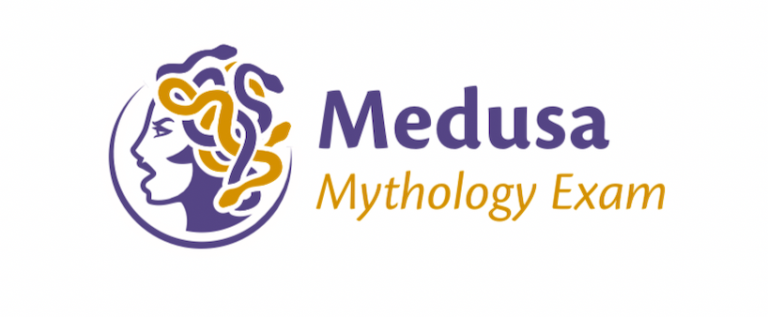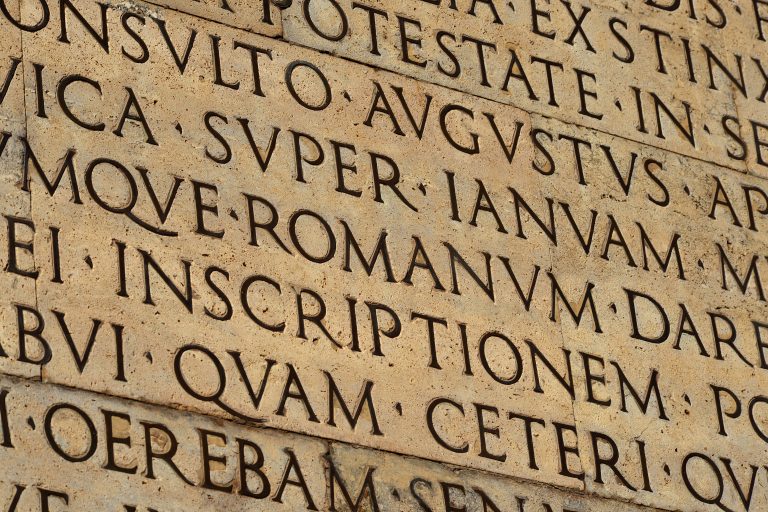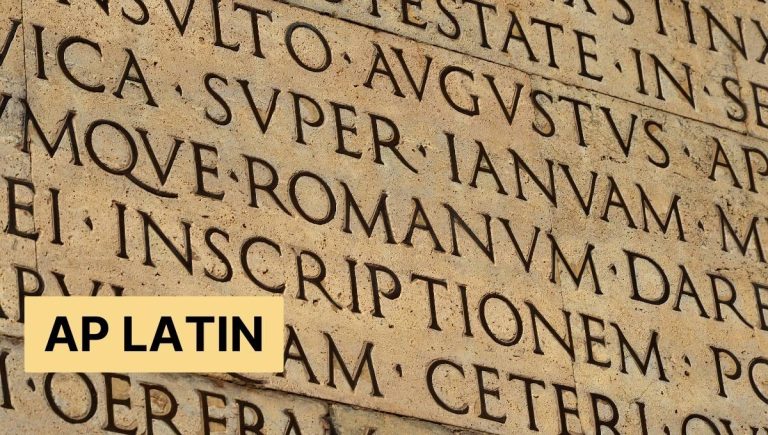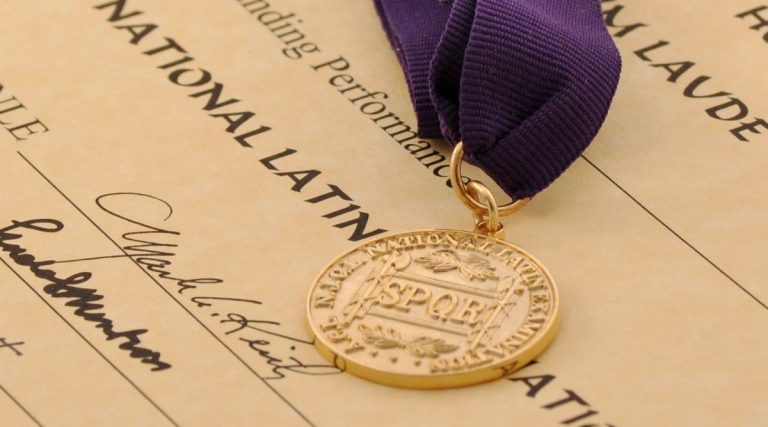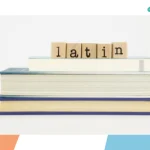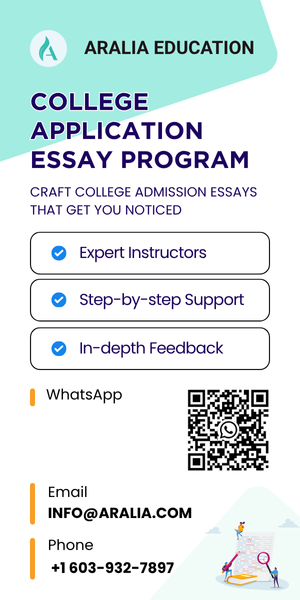1. What is Classics?
The term “classics” or Classical Studies refers to the study of ancient Greek and Roman civilizations, including their languages (Latin and ancient Greek), literature, history, philosophy, and culture. This field of study involves reading and interpreting these ancient texts and understanding their historical context and influence on modern society.
Studying the classics provides students with insights into the foundations of Western civilization, including the origins of democratic principles, legal systems, literary genres, and philosophical ideas that continue to shape our world today. Now, let’s explore the Classics Competition you can participate in during high school!
Published biannually in March and September, Omnibus Magazine is dedicated to promoting Classics to students and teachers worldwide. In the Omnibus Magazine Gladstone Memorial Essay Prize, students are invited to write an essay under 2000 words in response to one of the competition topics in this competition.
- What can we learn about beliefs and ideas from archaeological remains? Choose one archaeological site as the basis for your discussion.
- What can Greek tragedies tell us about the classical Athenian view of the human condition?
- How similar were Greek and Roman ideas regarding masculinity?
- Should study of the ancient Greeks begin with the study of Homer?
- ‘The narrative and meaning of ancient artefacts in museums and galleries is shaped not by the objects themselves but by the museum curators.’ Discuss.
Which writer of history in antiquity do historians today have most to learn from? - ‘The politics gets in the way of the poetry.’ Discuss this verdict on Virgil’s Aeneid.
- ‘The mosaics from Romano-British villas show that by the fourth-century A.D. Britain had become thoroughly Romanized.’ Discuss.
Eligibility: The competition is open to anyone under 19 who is still in full-time education and has not completed A levels or IB.
Submission Deadline: July 7, 2025
More information on the competition can be found here.
Hosted by the Omnibus Magazine, in this competition, students are invited to provide elegant, stylistic, and creative translations of Greek and Latin prose and verse. The below texts can be found here:
Plutarch, Life of Antony 26.1-3
Euripides, Electra 300-322
Longus, Daphnis and Chloe 1.9.2-10.3
Cicero, Pro Murena 22
Ovid, Metamorphoses 3.708-31
Propertius, Elegies 1.1-24
Submission Deadline: July 7, 2025
More information on the competition can be found here.
Center for Fiction National Teen Storyteller Contest is a literary nonprofit organization that provides a platform for high school students to celebrate the creation and enjoyment of fiction. For this year’s competition, the theme is Classic Myths, Reimagined. Young writers are invited to submit original short fiction of 300-1000 words that showcase their creative talents and storytelling abilities.
Deadline: May 10 to Jul 10, 2024
More information on the contest can be found here.
The National Latin Exam is a prestigious and short standardized test to assess students’ understanding of the Latin language. Students have 40 multiple-choice questions to answer within 45 minutes. Students with any level of expertise can participate in any of the seven levels: Introduction to Latin Exam, Beginning Latin Exam (or Latin I), Intermediate Latin Exam (Latin II), Intermediate Latin Reading Comprehension Exam (Latin III), Advanced Latin Prose Exam (Latin III/IV Prose), Advanced Latin Poetry (Latin III/IV Poetry), and Advanced Latin Reading Comprehension Exam (Latin V/VI+).
There are seven exam levels, which can confuse students who are unsure which exam is appropriate. Fortunately, the National Latin Exam has released a guide to help students navigate the exam levels better.
Postmark deadline for registrations for paper exams: Friday, January 26, 2024
Postmark deadline for registrations for online exams: Friday, February 16, 2024
More information on the contest can be found here.
The National Junior Classical League is a youth organization of secondary school students sponsored by the American Classical League. The NJCL sponsors four online exams: The National Classical Etymology Exam (NCEE), the National Roman Civilization Exam (NRCE), the National Latin Vocabulary Exam (NLVE), and the National Hellenic Civilization Exam (NHCE):
- National Classical Etymology is created to assess students’ ability to handle both Latin and Greek derivatives and their usage in the English language. The test is administered from Mon. Nov. 1-Fri. Dec. 10
- National Roman Civilization tests a student’s knowledge of ancient Roman society. The test is administered from Mon. Nov. 1-Fri. Dec. 10
- The National Latin Vocabulary Exam is designed to test a student’s knowledge of Latin vocabulary. It is based solely on specific lists of Latin vocabulary relevant to a particular student’s level of Latin. The test is administered from Mon. Jan. 31- Fri. March 4
- The National Hellenic Civilization Exam is a new exam in 2022 designed to test a student’s knowledge of ancient Greek society. The test is administered from February 1 – March 5.
More information on the contest can be found here.
The Exploratory Latin Exam is a contest tailored to students in grades 3 to 6 who have just started their Latin learning journey, and are not taking the National Latin Exam.
For Grades 3-4, students will answer 30 vocabulary questions and, optionally, 20 remaining questions.
For Grades 5-6, students will answer 30 vocabulary questions and 10 questions on the yearly theme. Students may choose to answer 10 additional questions entirely in Latin. If students can answer all 50 questions correctly, they will be qualified for a perfect score medallion.
Competition Website: https://www.etclassics.org/Contests/Exploratory-Latin-Exam
For the Scribo competition, students submit original literary pieces in the following four categories: short stories, poems, comics, and fill-in-the-blank stories for younger students under the theme Roman Entertainment. You have to follow certain templates if you are submitting to poetry/prose, comics, and fill-in-the-blank stories.
Competition Website: https://www.etclassics.org/Contests/Scribo-Writing-Contest
The National Mythology Exams consist of the Pegasus Mythology Exam for students in grades 3 to 8, and the Medusa Mythology Exam for students in grades 9 to 12. The National Mythology Exams are given annually to over 9,000 students in approximately 400 schools nationally and internationally. The competition is unique because instead of testing on the Latin vocabulary, students are tested on their understanding of classical mythology. The deadline for registration is January 31, 2024
Participating in these competitions offers high school students the chance to win prizes, deepen their engagement with classical literature and culture, hone their writing and translation skills, and gain recognition.
Aralia Courses
Aralia Education offers comprehensive preparation programs for students looking to excel in these classical competitions. We provide specialized courses to help students succeed in the Omnibus Magazine Gladstone Memorial Essay Prize, the Omnibus Magazine Sam Hood Translation Prize, and other related contests. Our programs include:
- Competition Preparation: Tailored courses focus on honing the skills required for each competition. These courses include guidance on essay writing, translation techniques, and creative storytelling, helping students develop high-quality submissions.
- Foundational Latin Classes: Understanding Latin is crucial for many classical studies competitions. Aralia Education offers foundational Latin classes that equip students with the linguistic skills to tackle ancient texts confidently and accurately.
Our program begins with a strong academic focus and then incorporates preparations for competitive exams and strategies to bolster college applications.
6-Level System
Each level is designed to align with the curriculum of the top 10 private schools in the U.S. and the difficulty levels of the National Latin Exam (NLE).
Level | Learning Goal |
Level 1 | Foundations in Latin – Complete the Latin 1 course and prepare for the NLE Beginner/Elementary exam. |
Level 2 | Core Grammar and Vocabulary – Complete the Latin 2 course and prepare for the NLE Intermediate exam. |
Level 3 | Reading and Interpretation – Complete the Latin 3 course and prepare for the NLE Intermediate Reading exam. |
Level 4 | Prose Analysis and Composition – Complete the Latin 4 course and prepare for the NLE Advanced Prose exam. |
Level 5 | Poetry and Literary Techniques – Complete the Latin 5 course and prepare for the NLE Advanced Poetry exam. |
AP Latin | Exam Preparation and College-Level Latin Mastery – Prepare for the AP Latin exam and NLE Advanced Reading exam. |
Students who wish to deepen their studies further can also submit papers for publication in Propelia’s Classical Studies Magazine.
Our Teachers
Our Latin instructors bring a wealth of experience in academic instruction and competitive coaching. With a proven track record of guiding students to excellence, they combine deep subject expertise with strategic mentorship—preparing students to master the language and excel in high-level competitions and academic pursuits.






